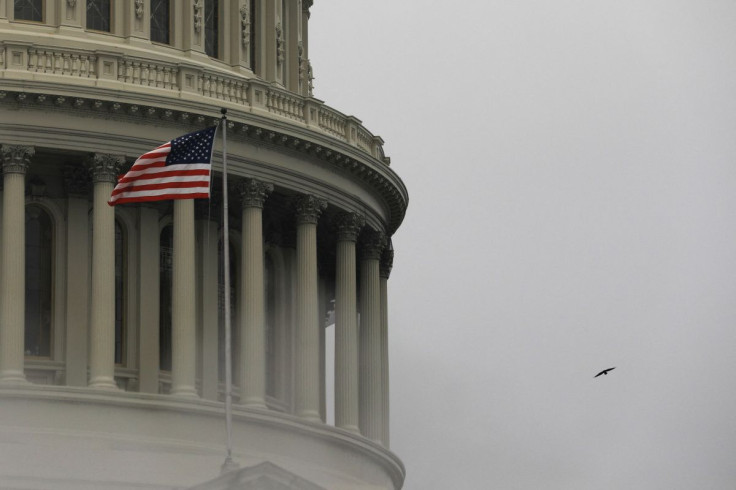House Panel's Bill Would Block U.S. Buyers Of Foreign Spyware

American spymasters would be able to yank business away from U.S. companies that purchase or market foreign espionage software, under a bill https://intelligence.house.gov/uploadedfiles/iaa_ans_xml.pdf the House Intelligence Committee advanced on Wednesday.
The bill must be approved by the full House and reconciled with its Senate counterpart before it becomes law. It follows media reports that Israeli spyware maker NSO was in talks to be acquired by U.S. defense contractor L3Harris Technologies Inc.
NSO and L3Harris did not immediately return messages seeking comment.
Calling the proliferation of foreign-made commercial spyware "an acute and emergent threat to the national security of the United States," the bill would empower the U.S. Director of National Intelligence to bar any contract between such spyware manufacturers and the intelligence community. It would also authorize the White House to sanction them if they target U.S. spies.
In a statement, the White House said it shared lawmakers' concerns that tools made by the likes of NSO posed "a serious counterintelligence and security risk to U.S. personnel and systems" and was working on its own ban on the U.S. government's use of foreign spyware that had been misused abroad.
The Office of the Director of National Intelligence did not immediately return a message.
Another clause would allow the director to prohibit any part of the intelligence community from contracting with a U.S. company that had acquired foreign commercial spyware "in whole or in part." That stipulation could have been fatal to the reported L3Harris deal.
The threat posed by foreign-made spyware to U.S. national security has crept up the political agenda recently. Last year Reuters revealed that State Department phones had been hacked using NSO spyware. Only a few weeks earlier, NSO was blacklisted by the U.S. Department of Commerce.
Lauren French, a spokeswoman for the House Intelligence Committee, said the panel had scheduled a rare unclassified hearing on foreign espionage tools for next Wednesday.
The legislators have also expressed an appetite to keep tracking the issue. The bill passed Wednesday calls for the creation of a classified watchlist of foreign spyware merchants and annual updates to Congress about the industry's evolution.
© Copyright Thomson Reuters 2024. All rights reserved.
















